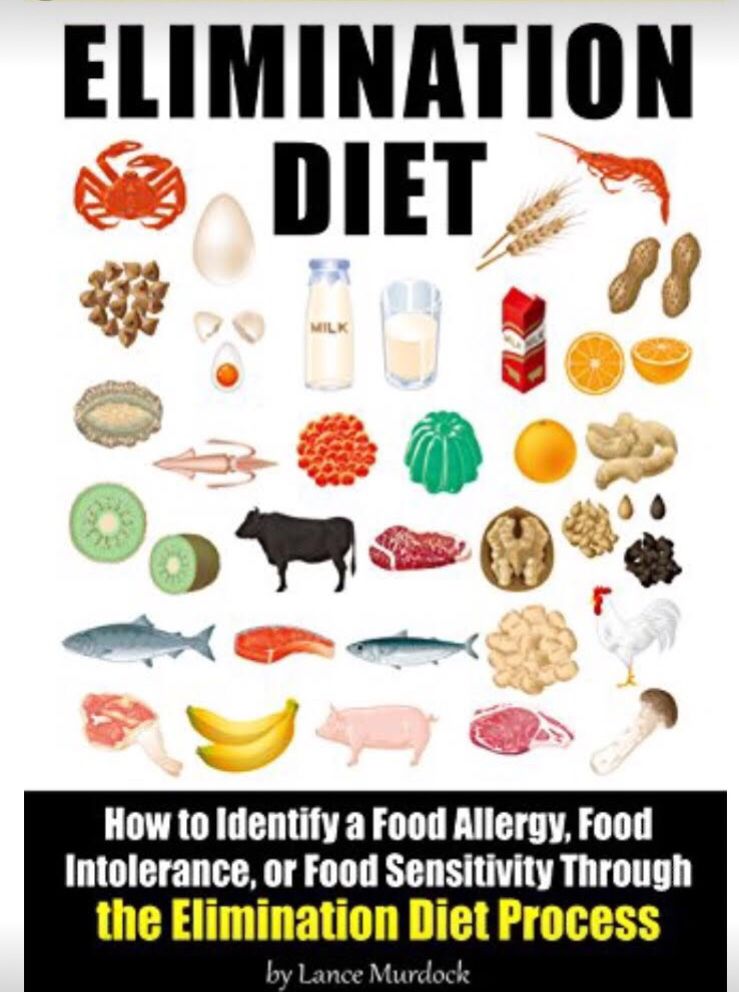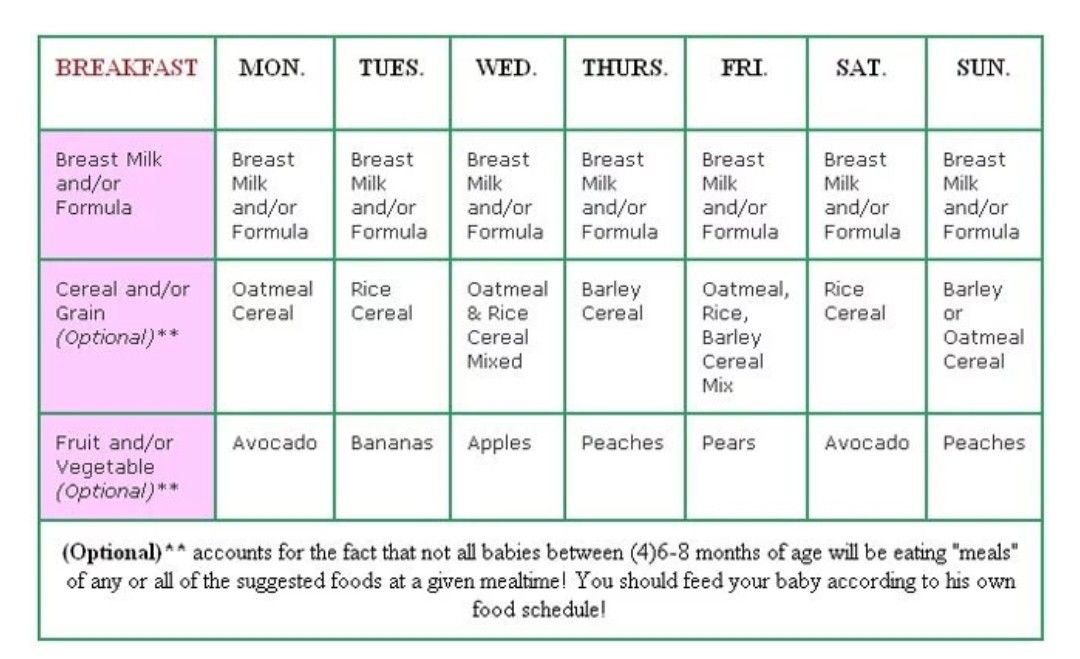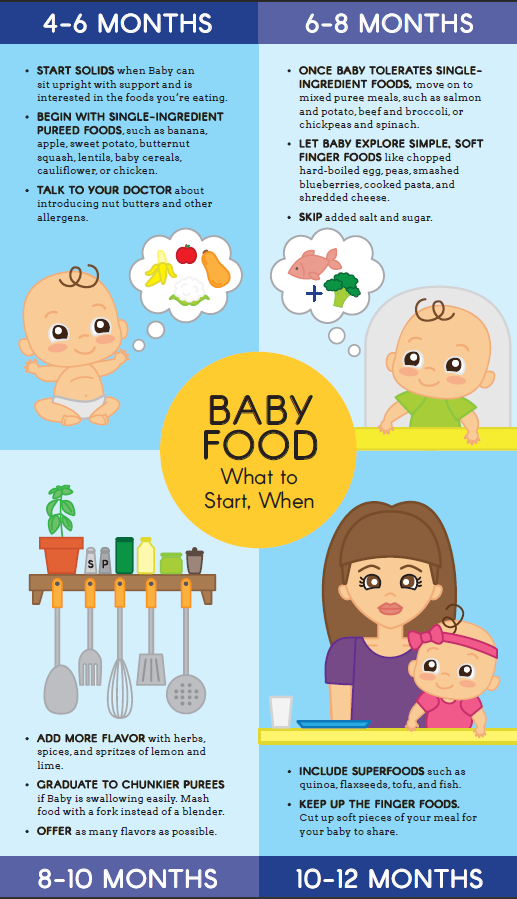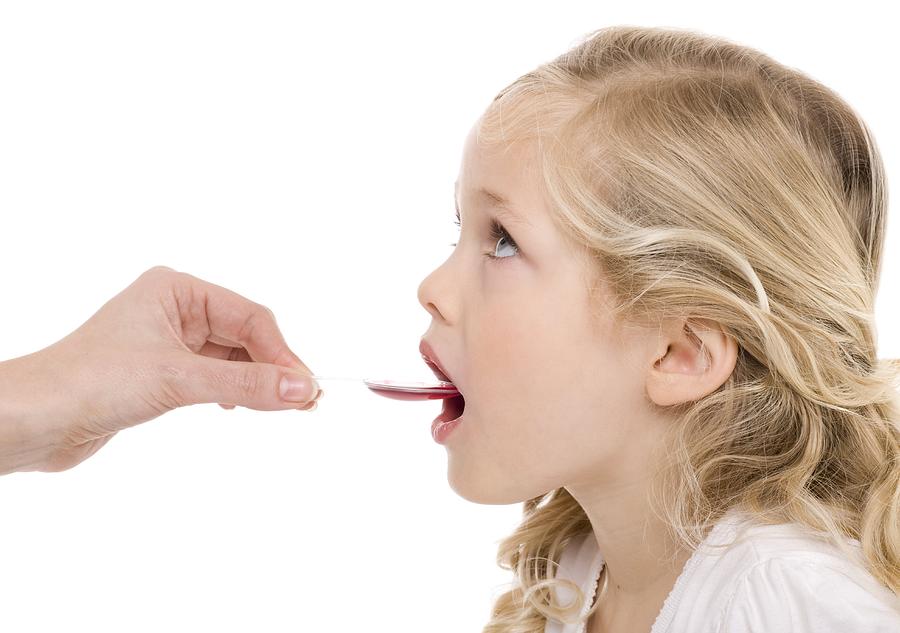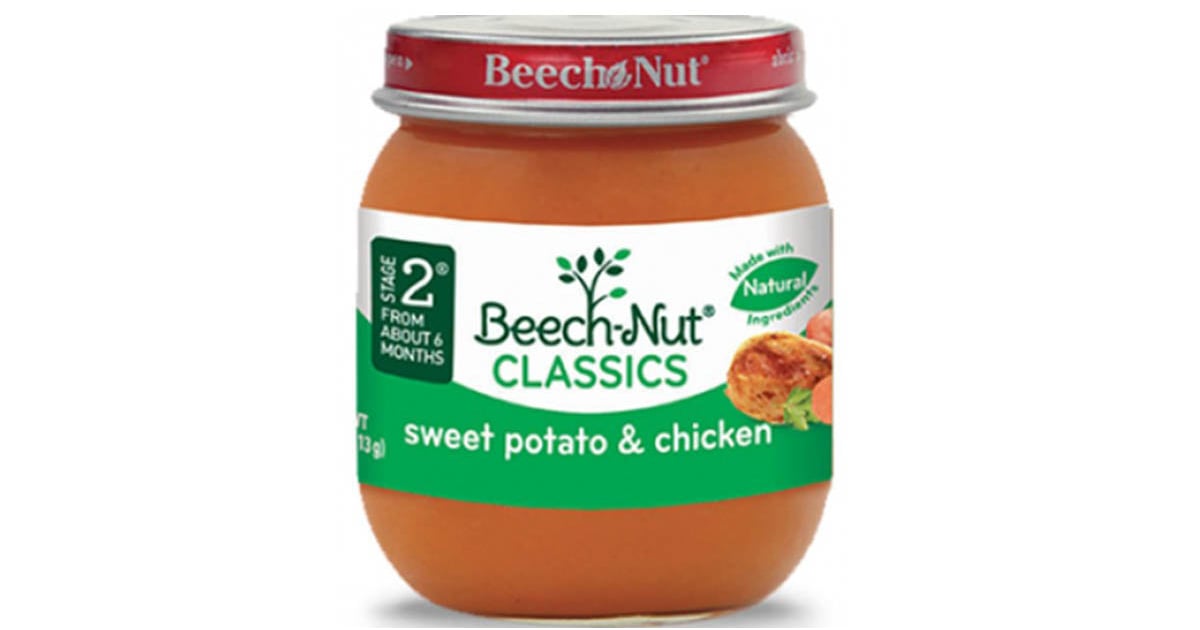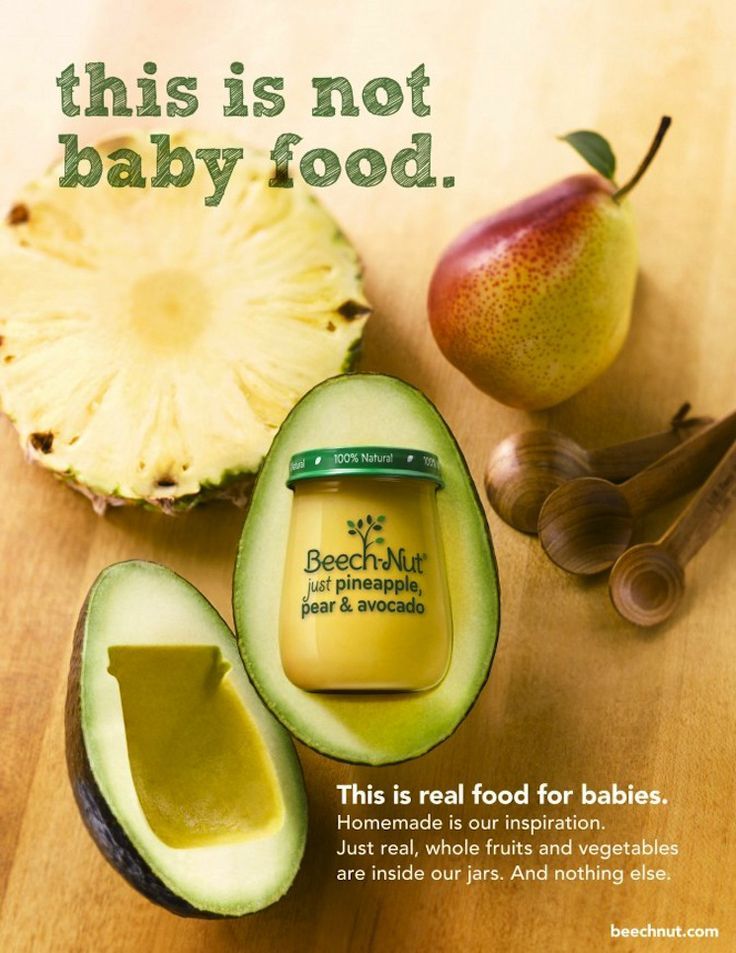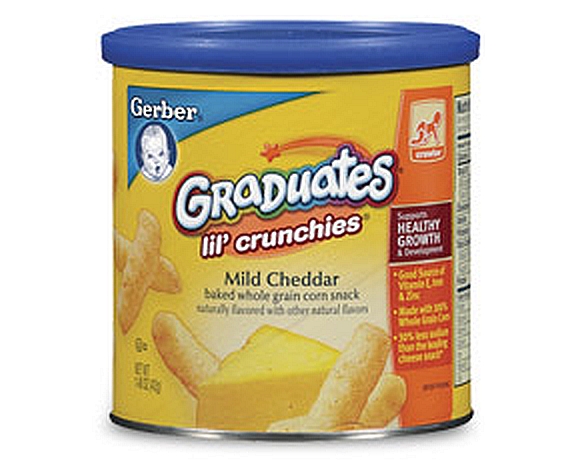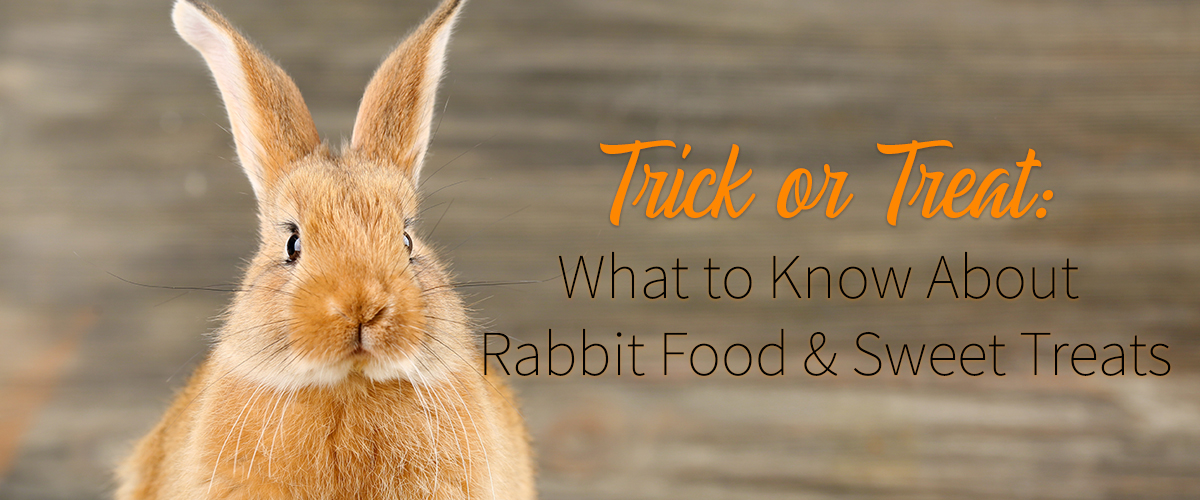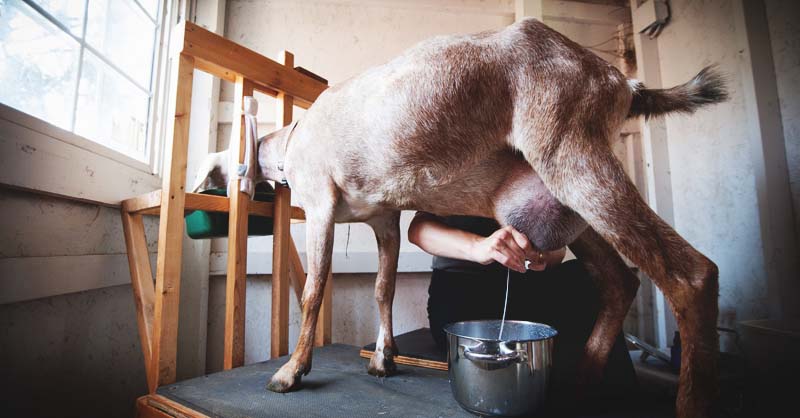Foods that cause gassiness in breastfed babies
What You Can Do To Help Your Gassy Breastfed Baby
What are some common culprits behind your baby's gassiness? Learn the signs, foods that may cause gassiness in your baby, and how to soothe and relieve his or her symptoms.
Share this content
As a new parent, it can be stressful and upsetting to see and hear your baby cry. That’s especially true if you've checked off all the usual suspects— dirty diaper, empty belly, discomfort, or over-tiredness —and you still can’t seem to soothe your little one.
Gas is something that many newborns experience, and it can be painful for them! It isn't always the first thing that parents remember to consider, since it's not something easily visible.
Signs Your Breastfed Baby is Gassy
If you suspect excess gas could be the culprit causing your baby’s fussiness, there are several signs that may indicate you are correct:
- Burping. It’s possible your baby has swallowed too much air while nursing or crying for a long period.
- Spitting up. While spitting up is perfectly normal, gas that’s trapped in the stomach can push breast milk back up and cause your baby to spit up.
- Bloated tummy. This could be a sign that gas has built up in your baby’s stomach.
- Flatulence. Every baby toots, but if they’re doing so excessively, it could mean they have excess gas.
- Arched back, legs drawn toward the tummy. The discomfort from gas pains will make a baby try to adjust to alleviate it.
Gassy Baby Causes
Gas in a breastfed baby is not uncommon and can be attributed to several factors:
- Gulping while feeding. If your milk let-down reflex is strong, your baby may gulp your milk to keep up and swallow extra air in the process. If that’s the case, your little one may do better nursing in a more upright position, so he or she has better control over milk intake and flow.
- Introducing a bottle.
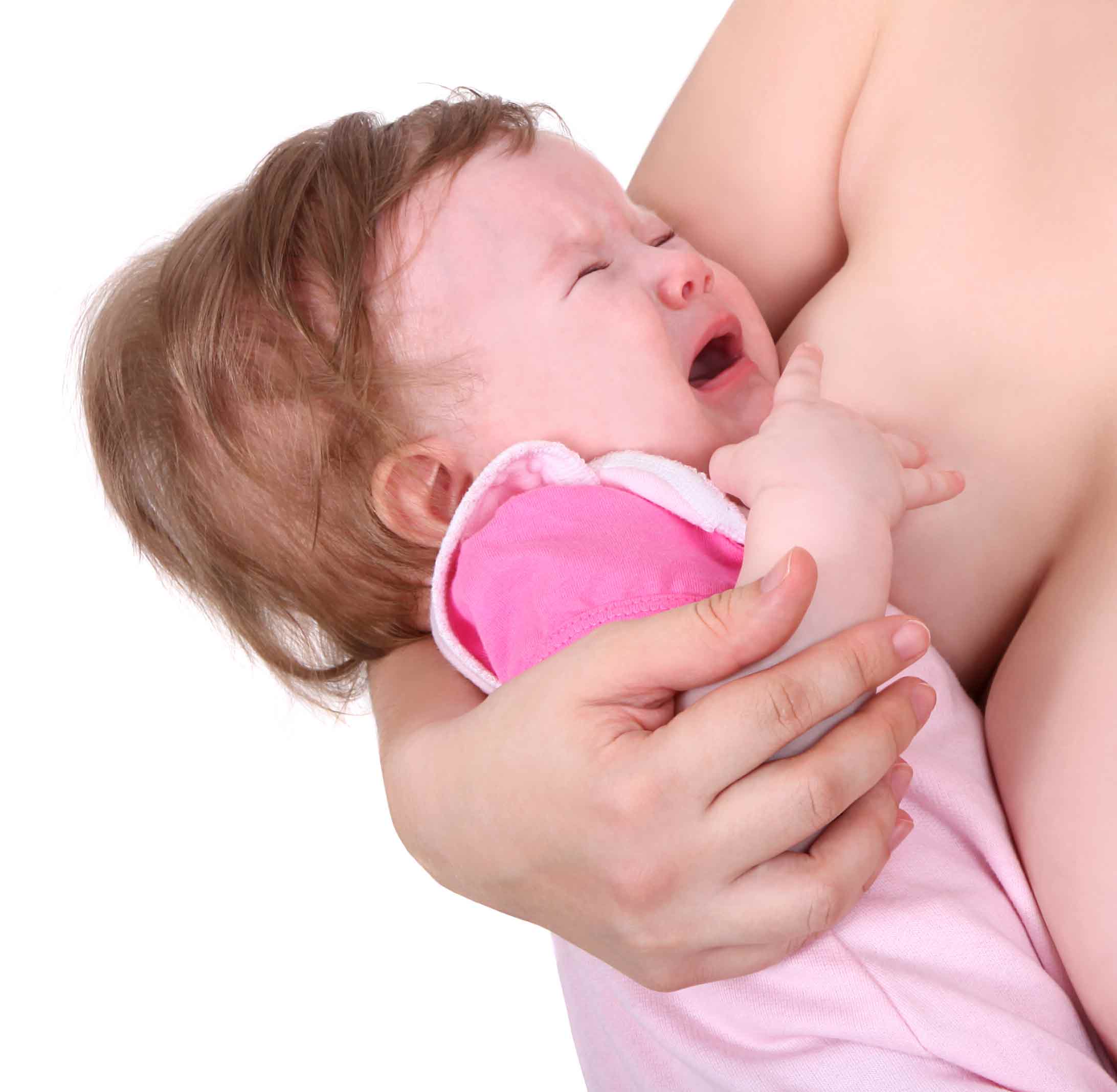 If your baby is used to the breast and you begin feeding with a bottle, it may take some getting used to at first. As a result, he or she may swallow too much air while eating.
If your baby is used to the breast and you begin feeding with a bottle, it may take some getting used to at first. As a result, he or she may swallow too much air while eating. - Constipation. When your baby is constipated, they may have gas trapped in their tummies that they’re having a hard time releasing.
- Crying. If your baby has been crying for a long time, they may be gulping in air in the process.
- Mom’s diet. Food that you’ve eaten can make your baby gassy as well. Certain foods such as dairy, soy or wheat may contribute to gassiness in your little one. Keep a food journal of what you eat to see if you can pinpoint the culprit in your diet.
Foods That Make Breastfed Babies Gassy
Though a baby’s gas is not commonly linked to mom’s diet, there are certain gas-inducing foods that could give both a breastfeeding mom and her baby gas. These include:
- Fiber. Foods like bran, beans, and whole grains.
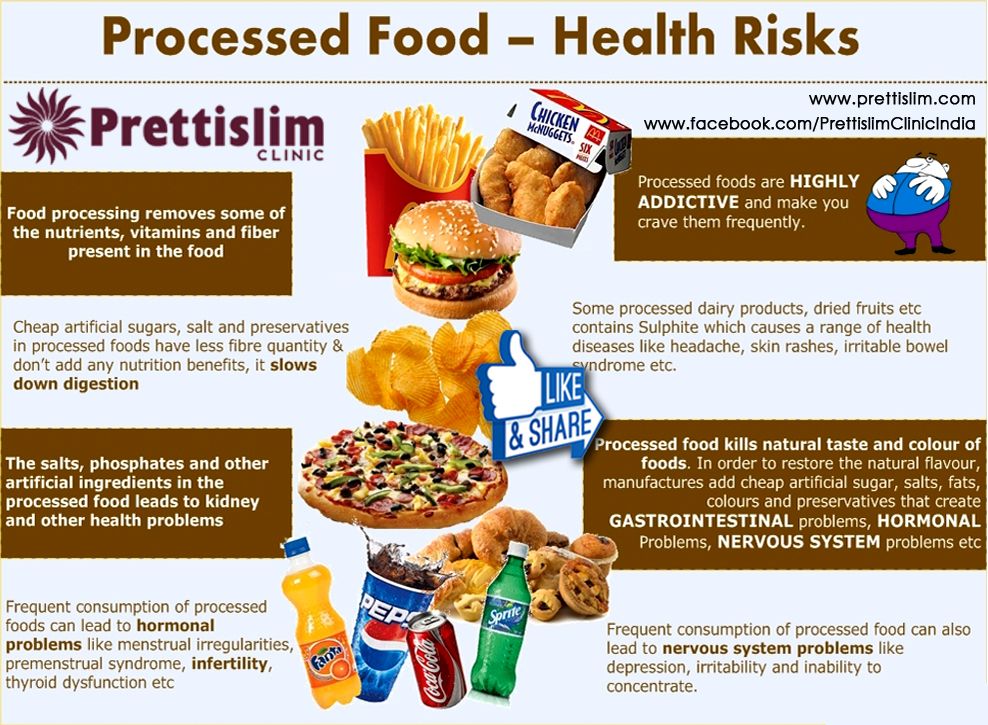
- Fruit. Citrus fruits, prunes, plums, peaches, or apricots.
- Vegetables. Broccoli, cabbage, and Brussel sprouts.
- Garlic. Garlic-seasoned foods like pasta dishes or garlic bread.
- Dairy. Yogurt, ice cream, or milk products.
- Carbonated beverages. If they make you burp, they could make your baby gassy too.
It’s not necessary to give up all your favorite foods when pregnant and/or breastfeeding. Health experts recommend only making dietary changes if you see a direct connection between something you’ve eaten and your baby's gassiness.
Additionally, if you’re still breastfeeding after your little one begins solids or finger foods, it’s easier to detect what food might be the culprit and then eliminate it.
Relieving Gassy Babies
There are several effective ways to help relieve your baby’s gas pains and soothe them. Try a combination of these to find what works best for your little one.:max_bytes(150000):strip_icc()/diarrhea-in-the-breastfed-baby-431632-v1-5c01932a46e0fb0001cbf7ac.png)
- Burp twice. Try to coax two burps out of your baby instead of just one.
- Sit upright. Hold your baby in an upright position while burping. This makes it easier to expel gas.
- Tummy time. Laying your baby on their tummy will help to push gas out.
- Bicycle exercises. Put your baby on his or her back and move their legs in a pedaling motion, similar to cycling on a bike. This helps with constipation as well.
- Massage the tummy. A gentle massage can help move gas out.
- Adjust baby’s latch. Make sure your baby is latching correctly to avoid swallowing too much air.
Don't worry, mama - Gas is typically a normal occurrence and most babies experience gassiness from time to time! With some minor adjustments, you can soothe your little one and help them get through the discomfort of gas.
Foods that may cause gas in breastfed babies
When you breastfeed, the foods you eat also nourish your baby.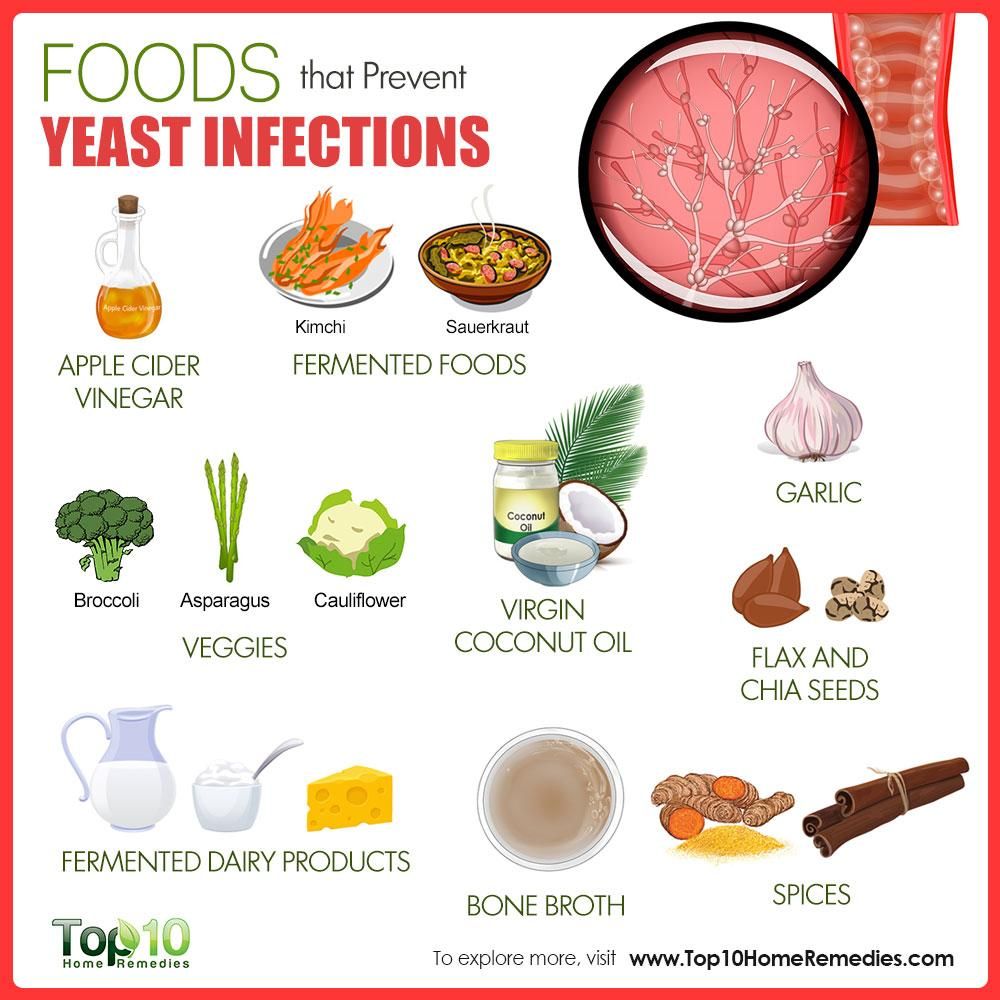 That means a well-balanced diet with plenty of fresh fruit, veggies, whole grains, healthy fats, and lean protein is good for both of you. Eating a range of different foods may even help your baby enjoy a wide variety of flavors for years to come.
That means a well-balanced diet with plenty of fresh fruit, veggies, whole grains, healthy fats, and lean protein is good for both of you. Eating a range of different foods may even help your baby enjoy a wide variety of flavors for years to come.
However, if you have a very fussy and gassy breastfed baby, you may wonder whether certain foods in your diet – especially those that tend to make you gassy – are to blame. Here's what you need to know about foods that may cause gas in breastfed babies.
Food sensitivities and gas in breastfed babies
Some moms swear that when they eat foods such as dairy products, broccoli, cabbage, bananas, eggs, or garlic, their babies are gassy and fussy for up to the next 24 hours. While there are few quality studies on the topic, the evidence suggests that a small number of babies may be sensitive to dairy products in a breastfeeding mother's diet, resulting in excessive gas.
The research on infant sensitivity to other foods is less clear – although you may find that symptoms such as gas and colic improve when you avoid eating certain foods that you've linked to stomach troubles in your baby.
Keep in mind that people of all ages get gas, no matter what they eat. Gas is simply a part of how the digestive process works. It happens when gut bacteria break down food in the intestine, as well as when you swallow air.
Infants tend to have more gas than older children and adults, and that's normal. Babies' immature digestive systems aren't yet efficient at breaking down the food they eat. Because they're still getting the hang of eating, they also swallow more air – and what goes in one end comes out the other. Plus, babies don't hesitate to let it rip when they're gassy.
If your breastfed baby doesn't seem bothered by gas, there's no need to adjust your diet. Usually, breastfeeding moms can eat a wide range of foods without problems. Foods to avoid when you're breastfeeding (or limit) typically include high-mercury fish, some herbs, alcohol, caffeine, and chocolate.
Food allergies in breastfed infants
A small number of breastfed babies – about 2 to 3 percent – have a true allergic reaction to a food in Mom's breast milk, usually a cow's milk allergy.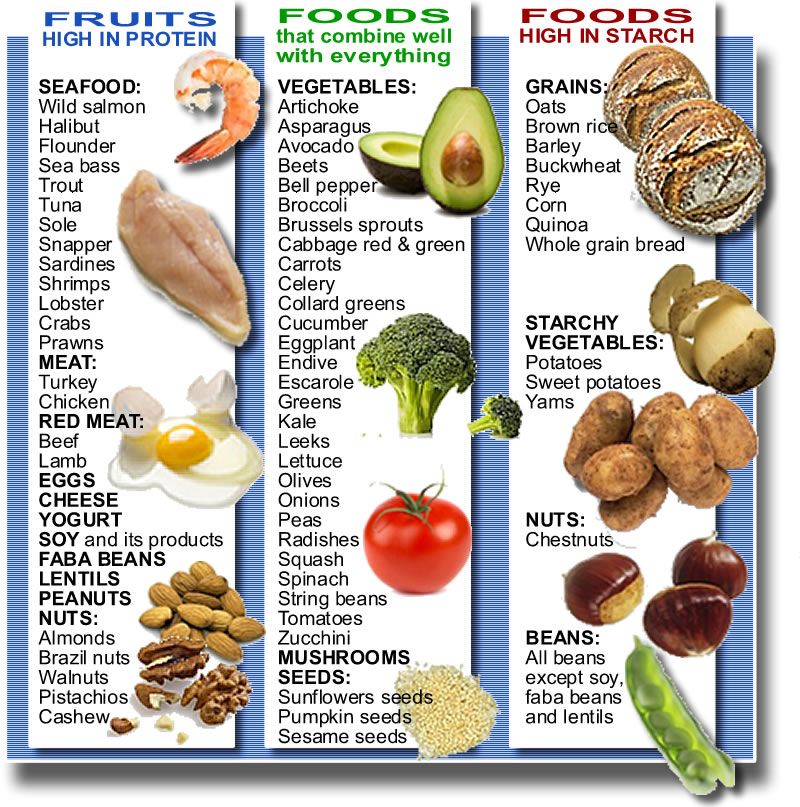
It's possible that other allergenic foods in a breastfeeding mom's diet – such as eggs, wheat, fish, peanuts, and other nuts – could cause an allergic reaction in babies, although there's not much quality evidence.
Advertisement | page continues below
Babies with a food allergy usually have not only gas but severe colic, skin rashes, vomiting, diarrhea, or difficulty breathing that lasts a few hours after they eat. If you notice any of these symptoms in your baby, call your doctor right away, since severe food allergies can be life-threatening.
If anyone in your close family has a food allergy, talk to your doctor about whether it's a good idea to avoid certain foods while breastfeeding.
Foods that may cause gas in breastfed babies
The most likely culprit for a gassy breastfed baby is dairy products in your diet, which include:
- milk
- cheese
- yogurt
- pudding
- ice cream
- any prepared food that contains milk products, casein, whey, or sodium caseinate
Other potentially allergenic foods – including eggs, wheat, peanuts, soy, fish, and tree nuts – might cause gas and other symptoms.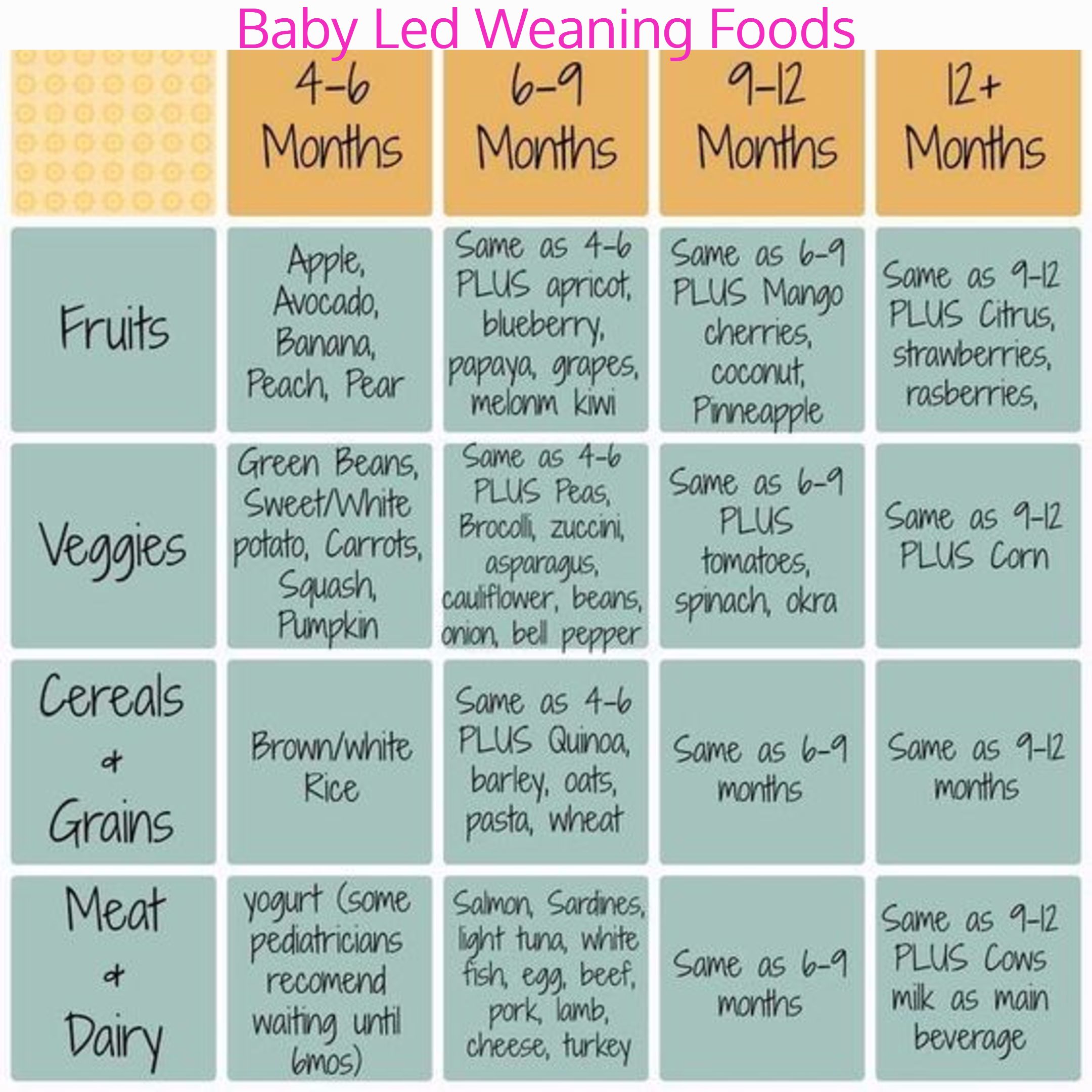 However, the few studies that have been done have come to conflicting conclusions. There's no guarantee that eliminating these foods from your diet will help with your baby's gas.
However, the few studies that have been done have come to conflicting conclusions. There's no guarantee that eliminating these foods from your diet will help with your baby's gas.
Anecdotally, some moms say other foods that commonly cause gas in adults, such as broccoli, cabbage, beans, cauliflower, garlic, or spicy foods, make their breastfed babies gassy or irritable. You may find that your baby's gas improves when you eliminate a suspect food from your diet.
Does broccoli cause gas?
Some people get more gas when they eat cruciferous vegetables, including broccoli. This is because the stomach and small intestine don't entirely digest certain carbohydrates, notably fiber, found in broccoli. When these carbs reach the large intestine, they get digested by gut bacteria that in turn produce gas.
Just because broccoli causes gas in you, however, doesn't mean it necessarily will in your breastfeeding baby – so there's no reason to avoid it just in case. The fiber that causes gas in you doesn't pass into your breast milk. And there's no good evidence suggesting that cutting broccoli out of your diet will reduce gas and fussiness in your baby.
And there's no good evidence suggesting that cutting broccoli out of your diet will reduce gas and fussiness in your baby.
That said, some moms have linked broccoli to gas in their babies. If you do notice that your baby seems gassier and fussy every time you eat broccoli, you may want to try eliminating it from your diet to see if your baby's gas improves.
Know that once your baby starts eating solids, they may have gas when you feed them broccoli for the same reason you do. Nevertheless, it's a good idea to expose your baby to many flavors, including broccoli, as often as possible when they're little. That way they'll learn to enjoy these healthy foods at a young age. Start with very small portions and gradually increase the amount you serve, which helps reduce or even eliminate noticeable gas problems for many people.
Does cabbage give you gas?
Cabbage is another high-fiber cruciferous vegetable that can cause gas in adults and babies who eat solids. Again, the fiber reaches the large intestine intact, where it's broken down by naturally-occurring gut bacteria that produce gas.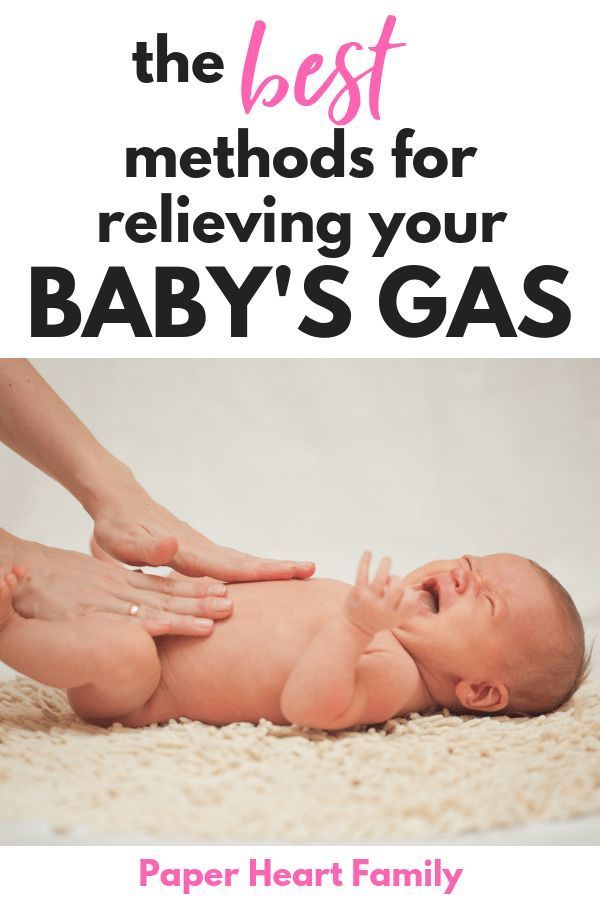
Just as with broccoli, there's no reason to systematically avoid cabbage while you're breastfeeding just because it gives you gas. But if your baby seems gassy and fussy every time you eat cabbage, you may want to avoid it to see if your baby's stomach troubles improve.
Do bananas cause gas?
Fruits including bananas, apples, peaches, pears, and dried fruits can cause excessive gas, especially in people with gastrointestinal (GI) disorders including irritable bowel syndrome (IBS). That's because these fruits contain fructose, a type of sugar their GI systems poorly digest. Fruits with high-fiber skin, like apples and pears, tend to cause more gas than bananas.
Research shows that fructose can pass through breast milk. And children can have IBS, especially if a parent has the condition. IBS causes other symptoms beyond gas, including abdominal pain as well as constipation and/or diarrhea. If your baby has these symptoms and you're concerned it's IBS, talk to their doctor. They may suggest an elimination diet for you and possibly probiotic drops for your baby.
They may suggest an elimination diet for you and possibly probiotic drops for your baby.
Do eggs cause gas?
Eggs are actually less likely to cause gas than many other foods. However, when they do, the gas tends to be stinky.
Egg allergies, on the other hand, are one of the most common food allergies in children and can occur as early as infancy. Children who are allergic to eggs have other symptoms, including skin rashes, nausea, vomiting, diarrhea, or trouble breathing, in the hours after eating.
Research suggests that breastfed infants are unlikely to experience food allergies from allergenic foods that their moms eat. But if you think your baby has a food allergy – and especially if they have any other symptoms after you eat eggs or other allergenic foods – talk to their doctor.
Does garlic make babies gassy?
Garlic commonly causes gas for people with IBS and small intestinal bacterial overgrowth (SIBO). It's a high-FODMAP food, meaning it contains certain sugars – in this case, fructans – that people with these conditions have a hard time digesting, causing gas and other GI symptoms like constipation and diarrhea.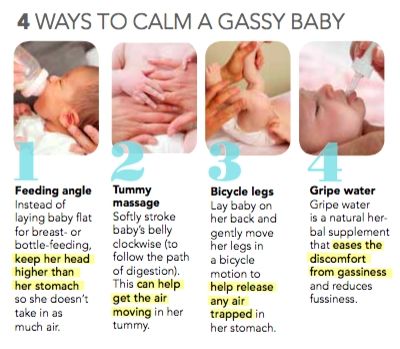
There's no evidence proving that the gas-causing properties of garlic make it into your breast milk. But you may want to consider eliminating garlic from your diet if it seems to cause tummy troubles in your baby.
Strong flavors like garlic can make your breast milk taste and smell different, although this usually doesn't make babies fussier. In fact, research has found that babies whose moms eat garlic extract tend to feed for longer and prefer more flavors in breast milk, which may ease the transition to solid foods.
What to do if your breastfed baby is gassy
For the most part, baby gas isn't something to be concerned about. In the vast majority of cases, a little gas is completely normal and doesn't bother most babies. Chances are you can eat what you want without upsetting your baby's tummy.
However, you may want to try one of the following tactics if your gassy breastfed baby seems to be uncomfortable or colicky, cries for no discernable reason, or consistently has a challenging witching hour.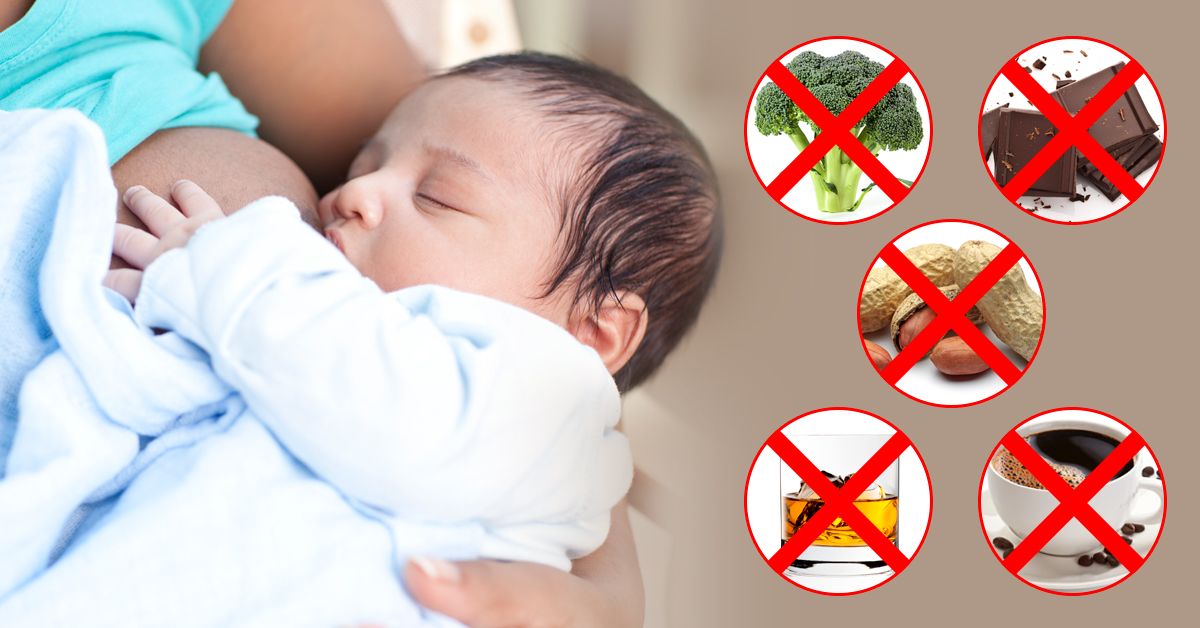
Check for latching problems
Many newborns struggle to find a good breastfeeding latch. If your baby isn't latching on well, they'll swallow more air, resulting in gas. A poor latch may also make your nipples sore, bruised, red, or cracked. If you think your baby might not be latching properly, talk to their doctor and consider visiting a lactation consultant.
Manage oversupply
If you have an abundance of milk, your baby may be suffering from lactose overload. This happens if your baby gets a lot of foremilk, which has lots of lactose, and less hindmilk, which is high in fat to slow the digestive process. As a result, the enzyme in your baby's system that digests lactose becomes overwhelmed and can't do its job. Babies with lactose overload may also be fussy at feedings and have loose, green, explosive stools.
To ensure your baby is getting enough fatty hindmilk, allow your baby to nurse for as long as they want on the first breast. Your baby may only nurse a little – or possibly not at all – on the second breast.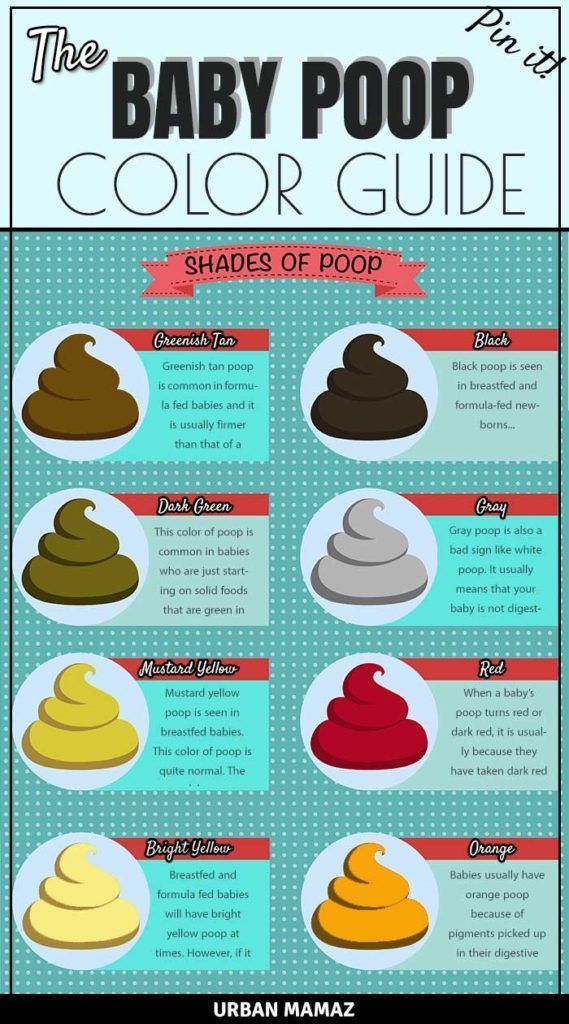 It's a good idea to talk to a lactation consultant to make sure oversupply is the problem before you try nursing on only one side, so you don't inadvertently cause your milk supply to drop.
It's a good idea to talk to a lactation consultant to make sure oversupply is the problem before you try nursing on only one side, so you don't inadvertently cause your milk supply to drop.
Keep the air out
The more air your baby swallows during feedings, the gassier they'll be. Try to feed your baby before they start crying, because babies swallow air when they're upset. Also burp your baby after (and even during) every feeding.
Talk to your pediatrician about probiotics
Gas is partly a byproduct of certain bacteria in the intestines. Some evidence suggests that giving breastfed babies probiotics to feed healthy bacteria in the gut can help ease colic (which is commonly thought to be linked to gas). Talk to your doctor about whether it might be helpful to give your baby infant probiotic drops.
Try an elimination diet
Still concerned that your baby might have a food sensitivity? You don't need to severely limit your diet (which can lead to nutritional deficiencies, especially when you're breastfeeding) or avoid all foods that are gas-forming for you.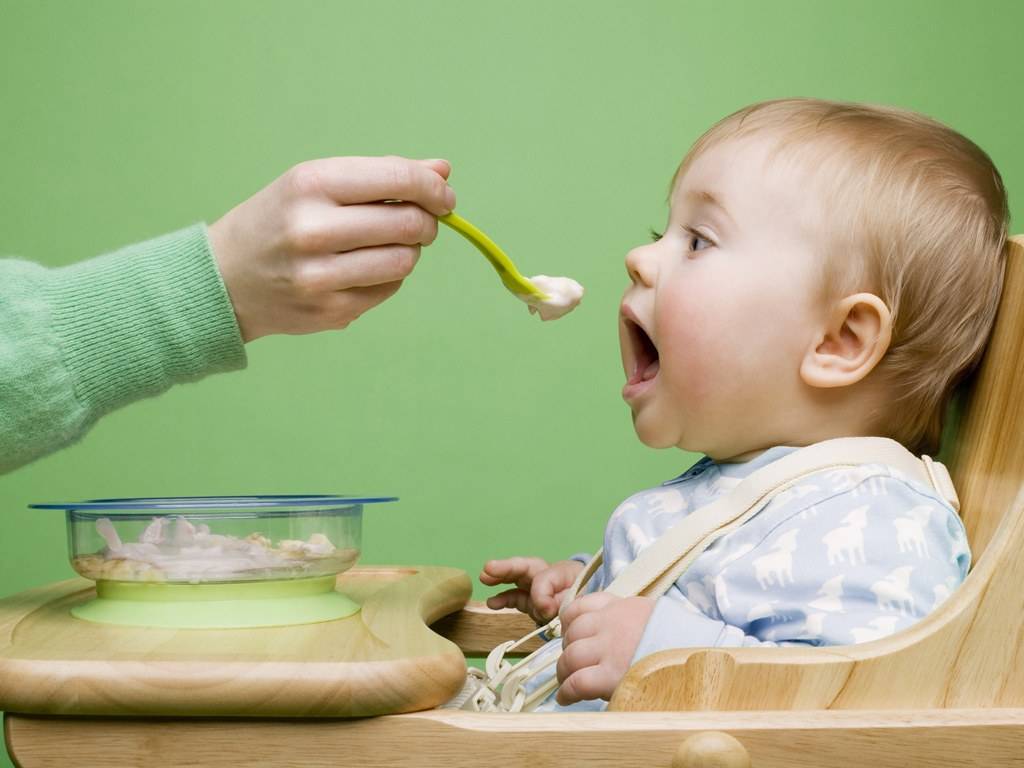
Instead, take notes on your diet and your baby's gassiness and look for patterns. Then eliminate one potentially problematic food at a time for two to three weeks to see what happens. If your baby is sensitive to that food, you should see an improvement within a week. (Though babies with true food allergies will need at least a month for symptoms to resolve.) After a week, try the food again to see how your baby responds.
If you decide to eliminate one or more foods from your diet, talk to a registered dietician and/or a lactation consultant. They can evaluate the situation and help ensure you're meeting your nutritional needs. In most cases, you should be able to return to your normal diet when your baby is around 6 months of age.
What foods in the mother's diet cause colic in the baby
12/28/2017
What foods in the mother's diet cause colic in the baby
Colic in the baby causes a lot of trouble for new parents.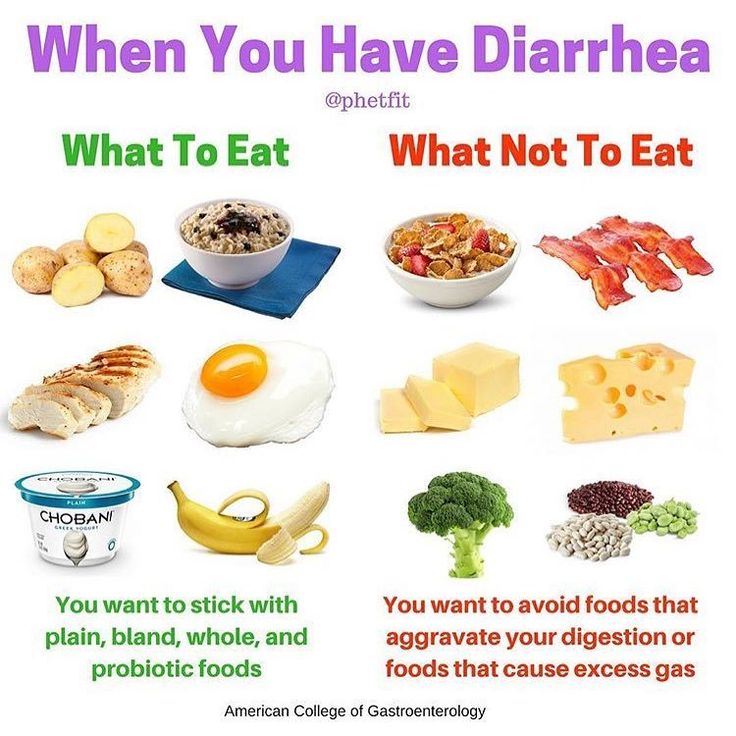 Gas formation in the intestines can cause anxiety and pain in the baby, which will be accompanied by prolonged crying. There are many tips on how to help the child and alleviate his condition. One of them is the revision of the diet of a nursing mother.
Gas formation in the intestines can cause anxiety and pain in the baby, which will be accompanied by prolonged crying. There are many tips on how to help the child and alleviate his condition. One of them is the revision of the diet of a nursing mother.
Substances contained in the mother's food enter the child's body through breast milk. Some foods increase the formation of gases, they can cause colic in a child. If this or that food is too rough for digestion by the stomach of an adult, then it will have an even stronger effect on the baby. For this reason, we advise mothers to carefully monitor their own diet during lactation.
What foods should be excluded from the diet of a nursing mother?
Cow's milk . Many adults are lactose intolerant. If a nursing mother has bloating after drinking milk, you should refuse it. In terms of benefits, fermented milk products are much more valuable than whole milk. They are a source of calcium, protein and bifidus - and lactobacilli, which are so necessary for a nursing mother.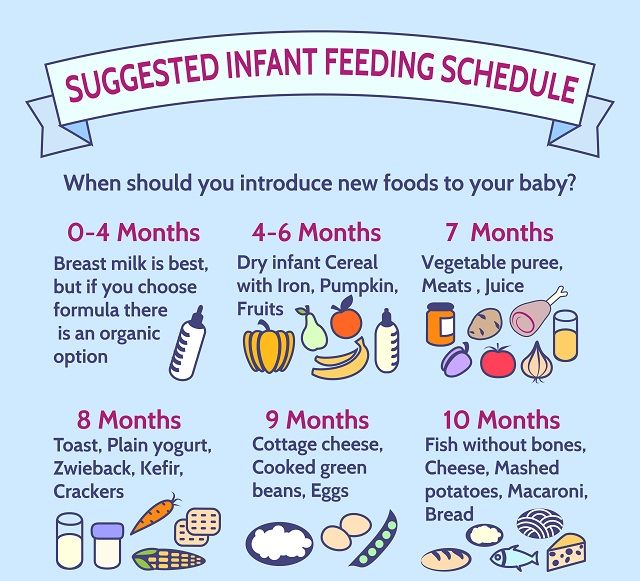
Brown bread . This product causes fermentation processes in the intestines. For this reason, at the time of breastfeeding, it is worth excluding it from the mother's diet. Black bread can be replaced with bread prepared without the addition of yeast.
Raw or pickled vegetables and fruits. These foods are rich in fiber, which causes flatulence in adults. During the period of breastfeeding, a mother should not completely abandon vegetables, they can be consumed baked, boiled or steamed. Fruits are strong allergens. The use of fruits by a nursing mother can cause diathesis in a child, which will become a prerequisite for the development of allergies in the future.
Legumes. Peas, beans, beans cause severe flatulence in adults, let alone babies. As an alternative, you can include tofu cheese in your diet.
Sweet and fast food. This category of products is very highly allergenic for the baby.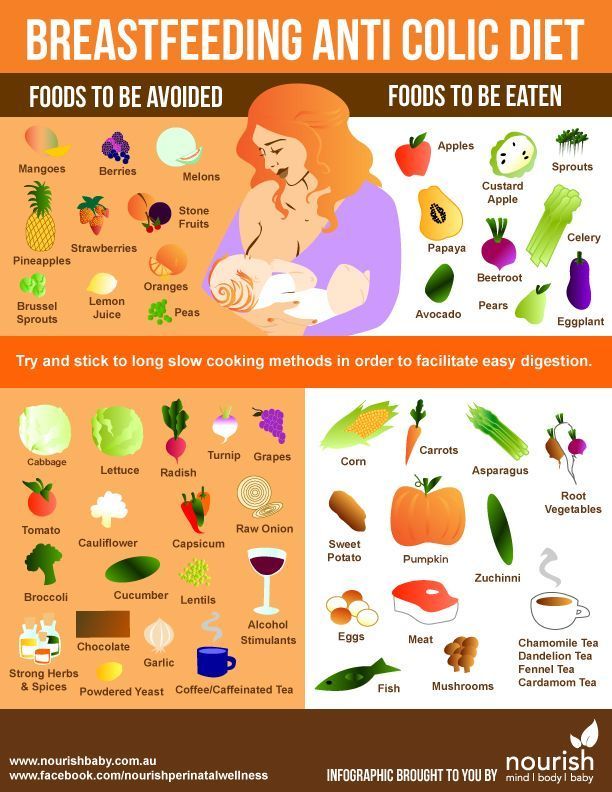 Therefore, for mom - Fast food is strictly prohibited. Of all the sweets, oriental sweets are considered the safest for mothers in the diet - Turkish delight, gozinaki, halva, but in reasonable quantities.
Therefore, for mom - Fast food is strictly prohibited. Of all the sweets, oriental sweets are considered the safest for mothers in the diet - Turkish delight, gozinaki, halva, but in reasonable quantities.
As you introduce new foods into your diet, monitor your baby's well-being. If there is suspicion about a particular food, exclude it. The absence of colic in the baby will keep the good mood for both the baby and his parents.
12/28/2017
More news
Products that cause colic in newborns
The baby cannot fall asleep, at first glance it cries for no reason, behaves anxiously. All this causes anxiety among young parents, who cannot immediately guess what is the main reason for such behavior. And the answer may lie on the surface. It’s just that mom didn’t follow a diet and allowed herself foods that cause colic in babies. As a result, the baby develops intestinal spasms, pain, which means that the little one begins to cry and spin.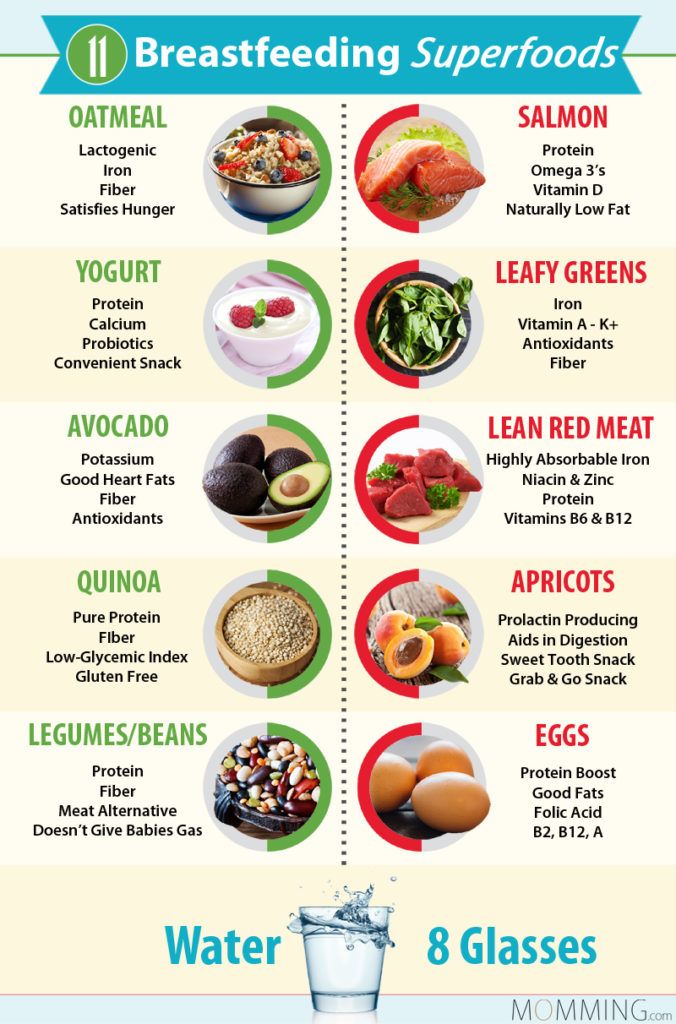 To prevent this from happening, the mother should monitor her diet by excluding foods that cause colic in children from the menu.
To prevent this from happening, the mother should monitor her diet by excluding foods that cause colic in children from the menu.
What foods can cause colic in a newborn
When composing your daily diet, exclude foods that cause colic in newborns. These include:
- Whole milk. The lactose contained in the composition refers to a substance that causes colic in newborns due to gas formation. This product is poorly absorbed by the baby's body and can cause, in addition to bloating, allergic reactions. In your diet, it is better to replace milk with kefir, curdled milk, fermented baked milk.
- Spicy sauces. Ketchup, mayonnaise, mustard cause intestinal irritation, which causes colic in newborns, so it is not recommended to include these products in the menu of a nursing woman.
- Black bread. The enzymes that make up the composition lead to gas formation. When breastfeeding, this product is best replaced with whole grain bread.
- Legumes.
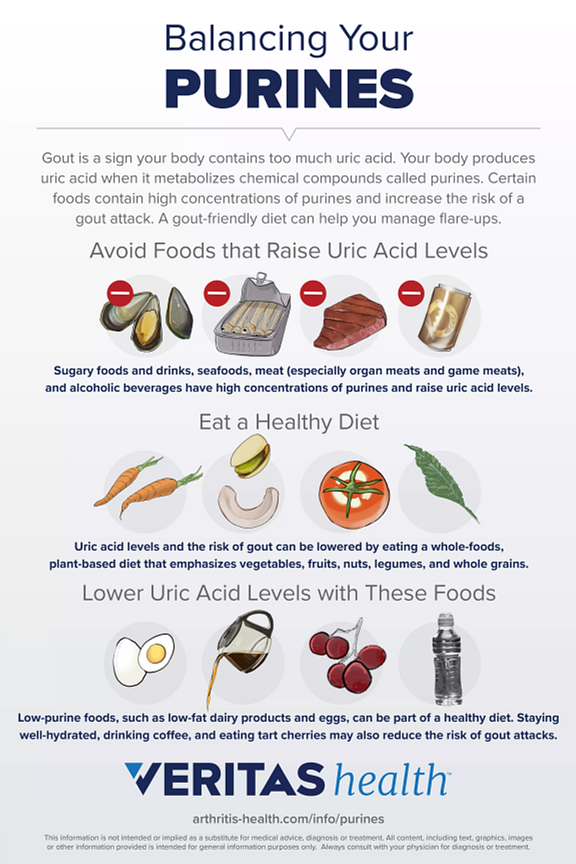 Lentils, corn, beans, peas are foods that cause colic in newborns. Instead, it is better to include other protein-rich foods in the diet of a nursing mother. For example, cottage cheese, soy cheese, low-fat fish.
Lentils, corn, beans, peas are foods that cause colic in newborns. Instead, it is better to include other protein-rich foods in the diet of a nursing mother. For example, cottage cheese, soy cheese, low-fat fish. - Raw vegetables and fruits. Flatulence causes fiber, and some fruits can cause an allergic reaction. Therefore, any vegetables and fruits should be heat treated.
- Sweets. Chocolate, sweets are among those products that cause colic in children. So it is better to give up your favorite delicacies. Carbonated drinks. Not only Fanta or Coca-Cola can cause colic in newborns, but also ordinary sparkling mineral water. So you should accustom yourself to drinking weak tea or herbal decoctions.
How to make a menu to save a newborn from colic
Knowing what foods cause colic in babies, any woman can make the right menu for herself. May include:
- Lean fish and meat.
- Cottage cheese, kefir, fermented baked milk.

- Buckwheat, rice, wheat groats.
- Baked vegetables and fruits.
It is important to consider not only what foods cause colic in newborns, but also to understand what can cause gas. In this regard, it is necessary:
- There are products separately without mixing them.
- Drink more pure water.
- Eat in small portions.
- Avoid exotic foods.
To increase the protective properties of the child's body, it is necessary to gradually introduce new foods into the diet. After all, the baby should prepare for nutrition not only with mother's milk. And at this stage it is very important to reduce the formation of colic. For this purpose, you can give the baby the drug "Kolikid", which is shown to children from the first months of life. The active ingredient simethicone gently eliminates gas formation in the stomach of the baby, without penetrating into the bloodstream and not being absorbed by the body. This makes it possible to save the baby from discomfort even if the mother allowed herself to eat some foods that cause colic in babies.